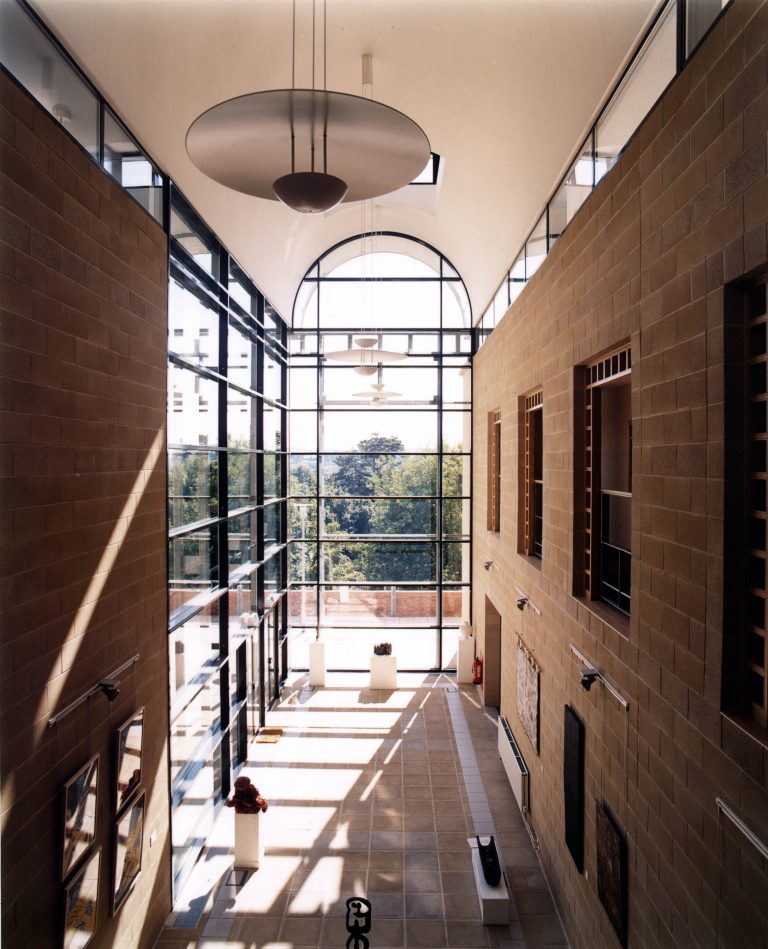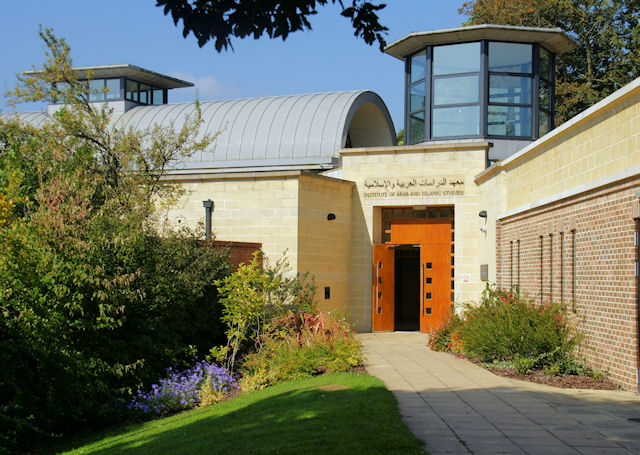On Editing: the Middle East Connection
I often get asked how it is that my work as an editor includes a Middle East/Islamic studies specialty, given that I’ve only been to Dubai and Afghanistan briefly, and speak neither Arabic, Farsi, nor Pashtun, Dari etc. Additionally, I am patently not an Islamic or Middle East scholar. While I have worked as a writer and editor for management consulting companies for over two decades, I’ve developed this sub-specialty. A brief perusal of the work I’ve edited in the field reveals a wide range of topics: Islam and democracy; Saudi feminism; the use of the conditional in modern Arabic; several studies on various aspects of Sufism, historical and contemporary; Kurdish studies; undocumented labour in Saudi; Indonesian pedagogy; Egyptian EFL teacher training, and much more, including the geopolitical. Each editing job has provided fascinating and contemporary insight into cutting-edge research, and has allowed me to see the many facets of the complex Arab and Islamic world, a world seldom examined outside the conflict narrative. So how did my Middle East editing practice start?
A few years ago, while doing my PhD research at the University of Exeter, I discovered the beautiful Institute of Arabic and Islamic Studies (IAIS) on my way home to our apartment on campus. The Institute is housed in a building one can truly describe as serene, and was one that I gravitated to particularly because of its gorgeous architectural lines, its honey-coloured stone, and the lovely light from its oversize windows. Rather a nice break from my own faculty’s modernist architecture, one replete with 1960s aluminum-cased windows that whistle with winter winds off Dartmoor, and that always seemed to have a sense of over-crowdedness.

University of Exeter
Image © University of Exeter
Soon I began working in the common room of the IAIS, which led to attending lectures on contemporary or historic issues, all of them dedicated to Middle East and/or Islamic subjects. I also attended art exhibitions and openings. The lectures on contemporary Middle Eastern or Islamic subjects were by world experts, and for the most part, provided me a welcome respite from my own subject—war and the complexities of personal war narrative. Sometimes the topics at the Institute were quirky, such as Dr. Jenny Balfour-Paul’s fascinating lecture on the history of indigo. Other times they were deeply complex lectures on some aspect of Arabic syntax. No matter what the subject, I learned so much, and mused at how I’d love to take the elementary Farsi or Arabic courses. But I had enough on my plate already.
Often I’d meet my neighbours at the institute. My 14-year-old daughter and I lived in the wonderful apartments set out by the university for international families where we had the great fortune to be surrounded by post graduates and their families from Korea, Syria, Kuwait, Saudi, Turkey, Iraq, the UAE, Libya, and other countries. The apartments are built around a playground over which we looked, and from the beginning of our residency my daughter and I were welcomed by the women who often sat outside watching over their children (a few were the post grads, but most were wives of post grads). Over the two years we lived there, we became good friends with the families and frequently were invited to share meals, or tea and goodies. More than once I’d come home from a day’s work and find a bag of delicious food hanging on the door. The children were often messengers sent to invite! We reciprocated by hosting Easter egg colouring (by request from the mothers and children I must add) and Canada Day cupcakes and celebrations.

University of Exeter
©University of Exeter
The friendships we made included invitations to meet extended family visiting from Kuwait, e.g., and, joyfully, new babies born into our little community while we were there. I will always remember sitting on blankets and sharing tea and food, and especially our farewell gathering, at midnight during Ramadan when all we women feasted together in the semi-moonlight while the children slept. Even our Saudi neighbour, a very busy Master degree candidate with a sick child, came out that night and enjoyed our companionship. I’ll always remember a knock on the door and a beautiful pearl necklace delivered by a child, a gift to me from his mother. We shared a lot there, not the least being the stress of doctoral research and raising children in a foreign country, especially for those whose countries were at war (sometimes a regime change eradicated years of research).

University of Exeter
©copyright University of Exeter
Over the course of a few years I began to be recommended through word-of-mouth and have rarely advertised. I learned a lot, and continue to do so. One of the things I’ve learned to do is to communicate up front to non-native-English writers: English is an extremely complex language, even for native-English speakers. Indeed, I remind my clients that even editors need editors, not the least because one is too close to the subject often, and, in the case of large research projects, too often all the writer wants to do is FINISH IT! But as I recently reminded a Dutch client, it’s the last 5% that makes all the difference in the final work.
Another major challenge for my authors, I believe, is that at home in their respective countries they are amongst the most fluent English speakers and writers; they are top academics or functionaries accepted into a first class university. And for some it is difficult to accept that their English is not perfect. I counsel these writers and reassure them that their English is VERY GOOD, but that it is a notoriously challenging language, and that there are some inexplicable grammatical conventions learned by ear at a young age. A colleague of mine and I discuss this quite often. And so there is some ego involved in having one’s work edited. (Personally, I like to have a good edit of my work—I’m often too close to it to really hear or see its imperfections.)
Once in awhile I was asked to help edit some of my neighbours’ papers. Soon I was asked if I could edit dissertations, frequently being recommended by supervisors. And I loved it, and continue to love editing in the subject (and others). What I find when I edit non-native English writers’ work is that I learn not only a lot about the subject, but also a bit of how the culture intellectualizes, lays out a formal argument. For example, through editing for syntax and flow I found that many Arabic writers use long, very complex sentence structures. Frequently the argument comes at the end of the paragraph(s); interestingly, I found this while editing native-German writers’ work as well. When I queried one of my Arabic- speaking clients about this they referred to certain classical Arabic writers whose sentences often flow on for one or two full pages!
Ultimately, I believe it is my job to be a cheerleader as well as an editor for my clients. Writing a major work such as a PhD dissertation, a Master thesis, a book, or even an article, is a lonely business, one fraught with self-doubt. I love working with these fascinating people who teach me so much. My clients benefit from the fact I know the PhD trajectory well, having just completed mine in 2017. They also benefit from my Master of Library Science, and my genuine interest in their world. I love this work, I really do, and I am so glad I entered the institute years ago, it continues to feed my curiosity for a world I’ve known so little about, outside conflict and oil. There is so much, much more.